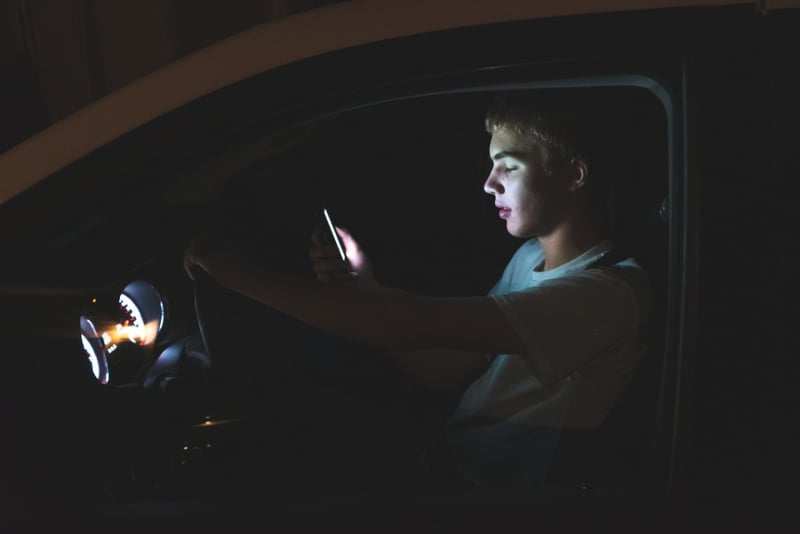Why Texting and Driving Should Not Coincide

Driving is a right not a privilege and teen drivers should understand what that means. Drivers must be licensed to pilot a two-ton vehicle which can cause real harm to people and property when not operated correctly. Distracted driving is nothing new and some people drive attentively at ten and two while others are consistently trying to multitask, including texting, while they are driving. To text while driving is already risky, but add an inexperienced driver into the mix, and you are looking at a disastrous combination altogether according to the National Highway Traffic Safety Administration (NHTSA).
- 10 percent of fatal crashes were caused by text messaging and driving.
- 15 percent of all injurious accidents were caused by text messaging while driving.
- 9 percent of teens ages of 15-19 were involved in fatal crashes due to distracted driving.
- 11 teens a day die from texting and driving.
- Teens are 4 times more likely to get in an accident from texting than adults.
If your teenager has developed an addiction to drugs or alcohol, Stonewater Adolescent Recovery Center understands the commitment your son requires in getting help. Our unique treatment was started by our family to aid other families in lifelong recovery lived.
Call our family today to get help for yours:

.jpg)

